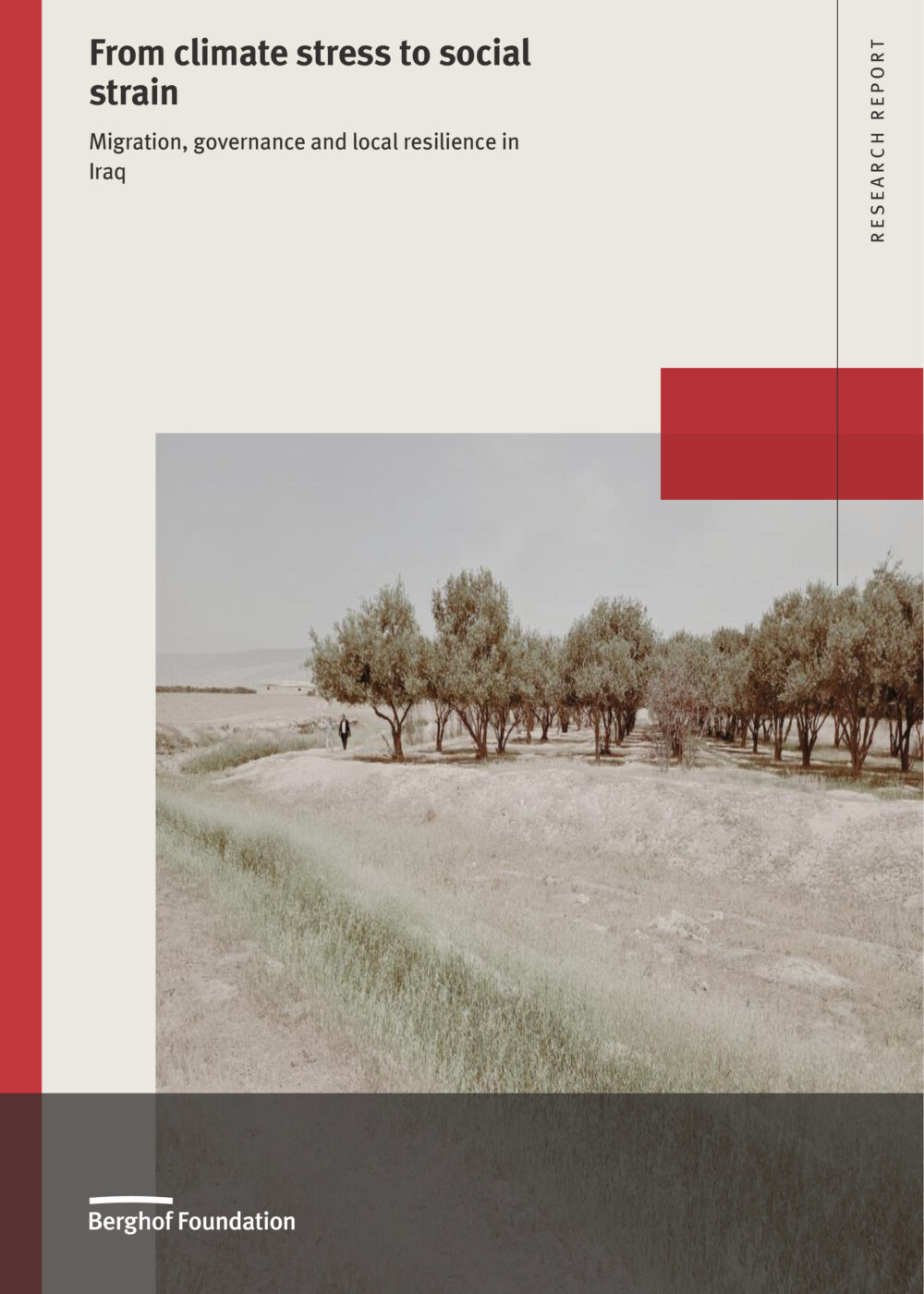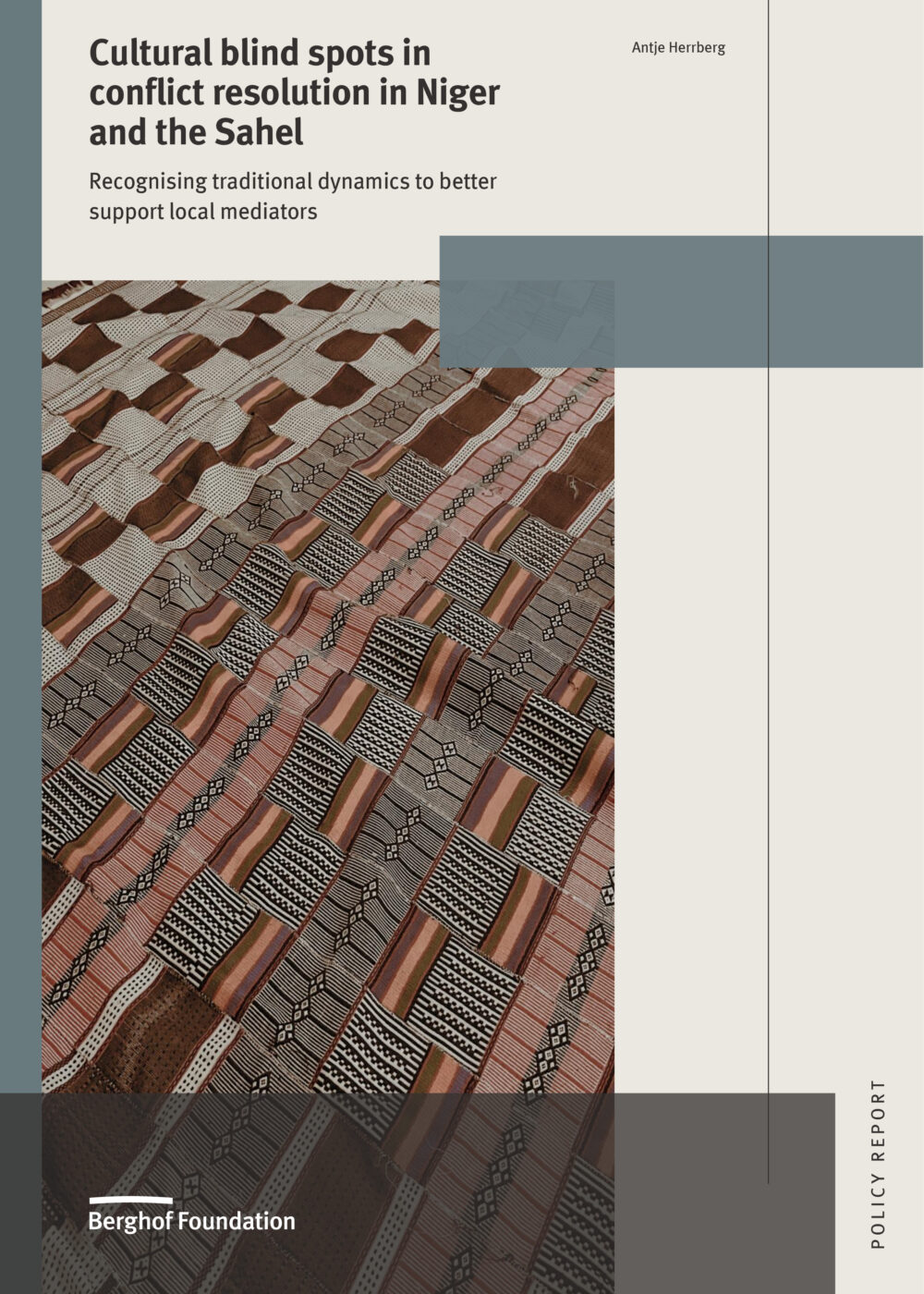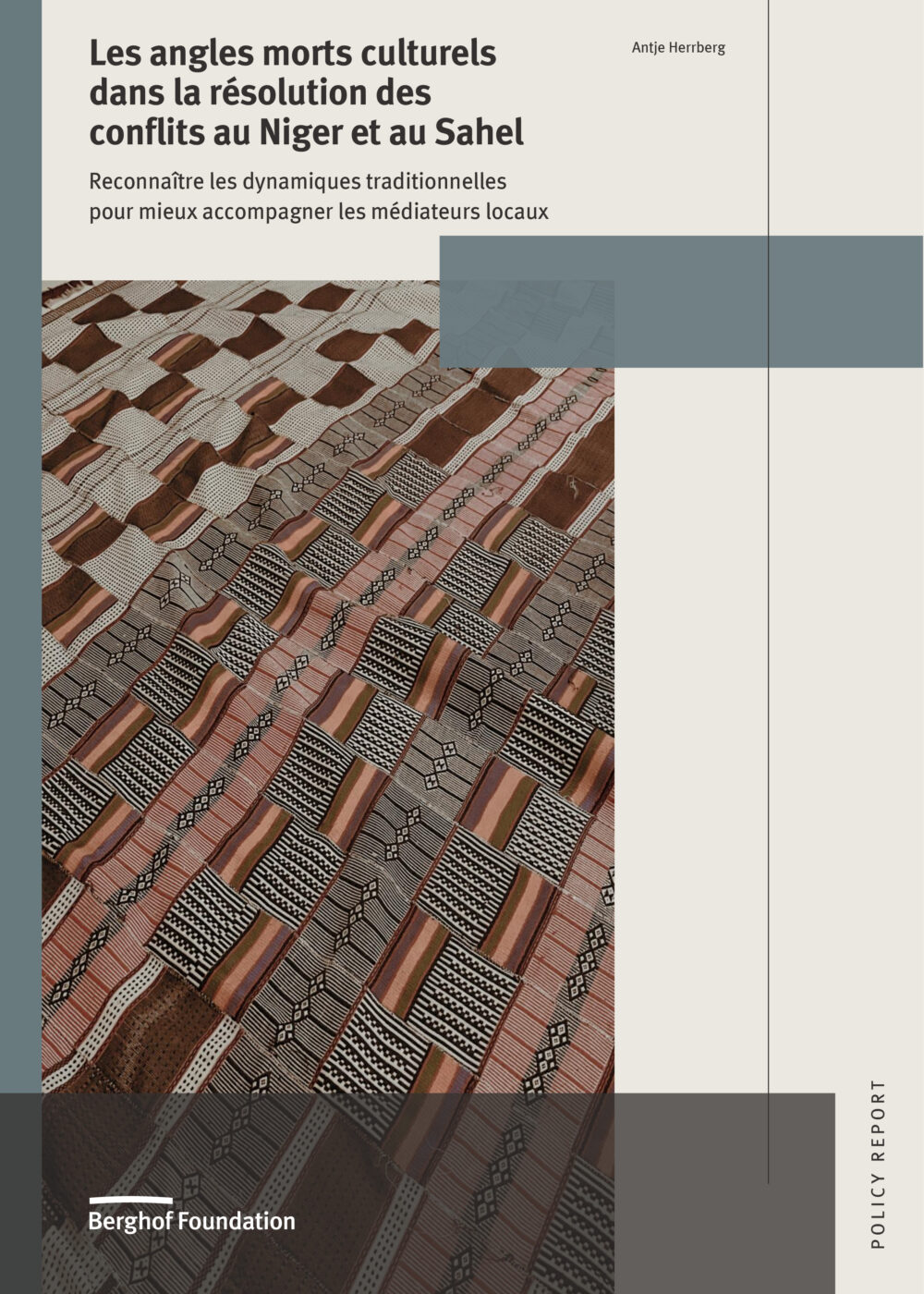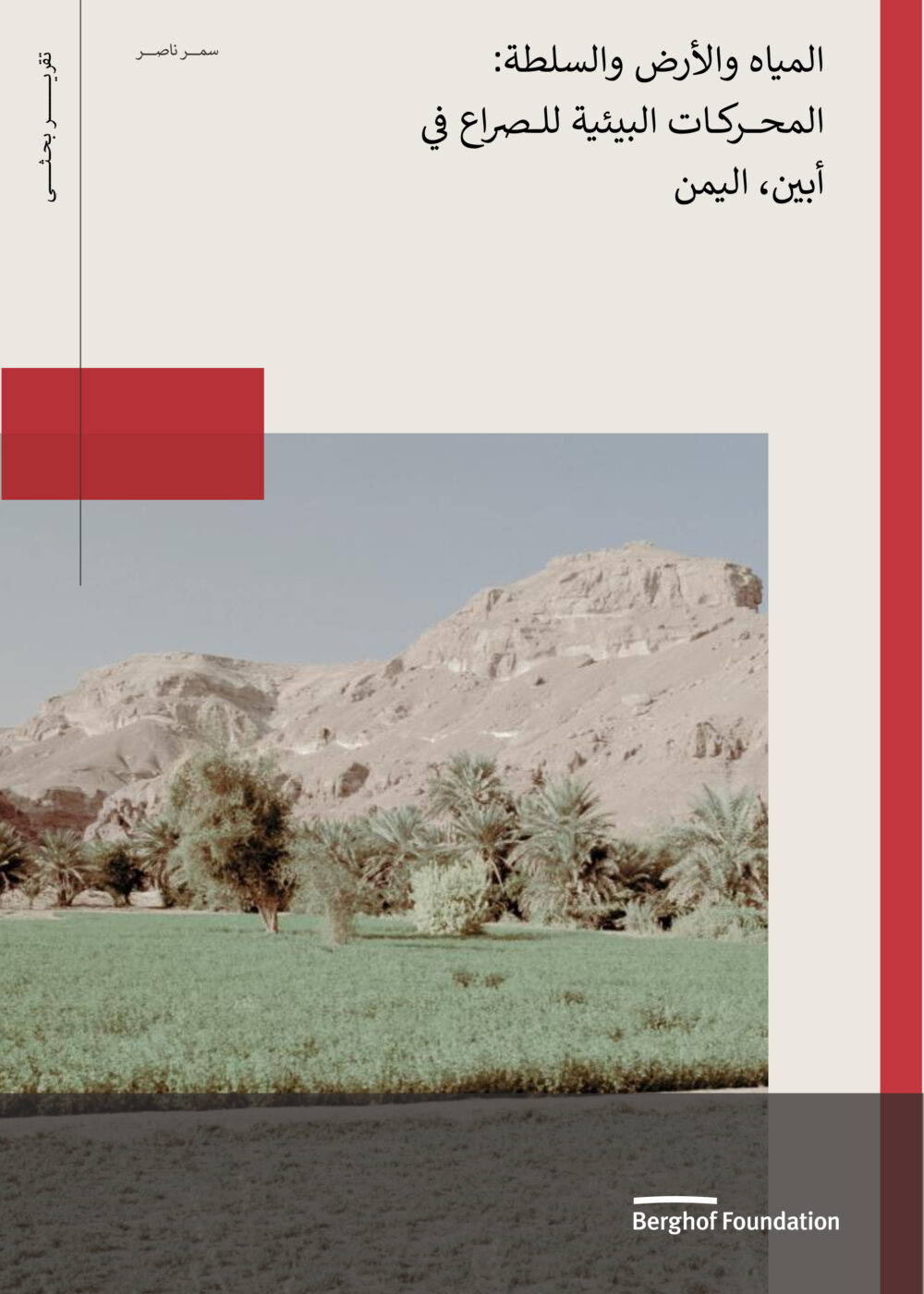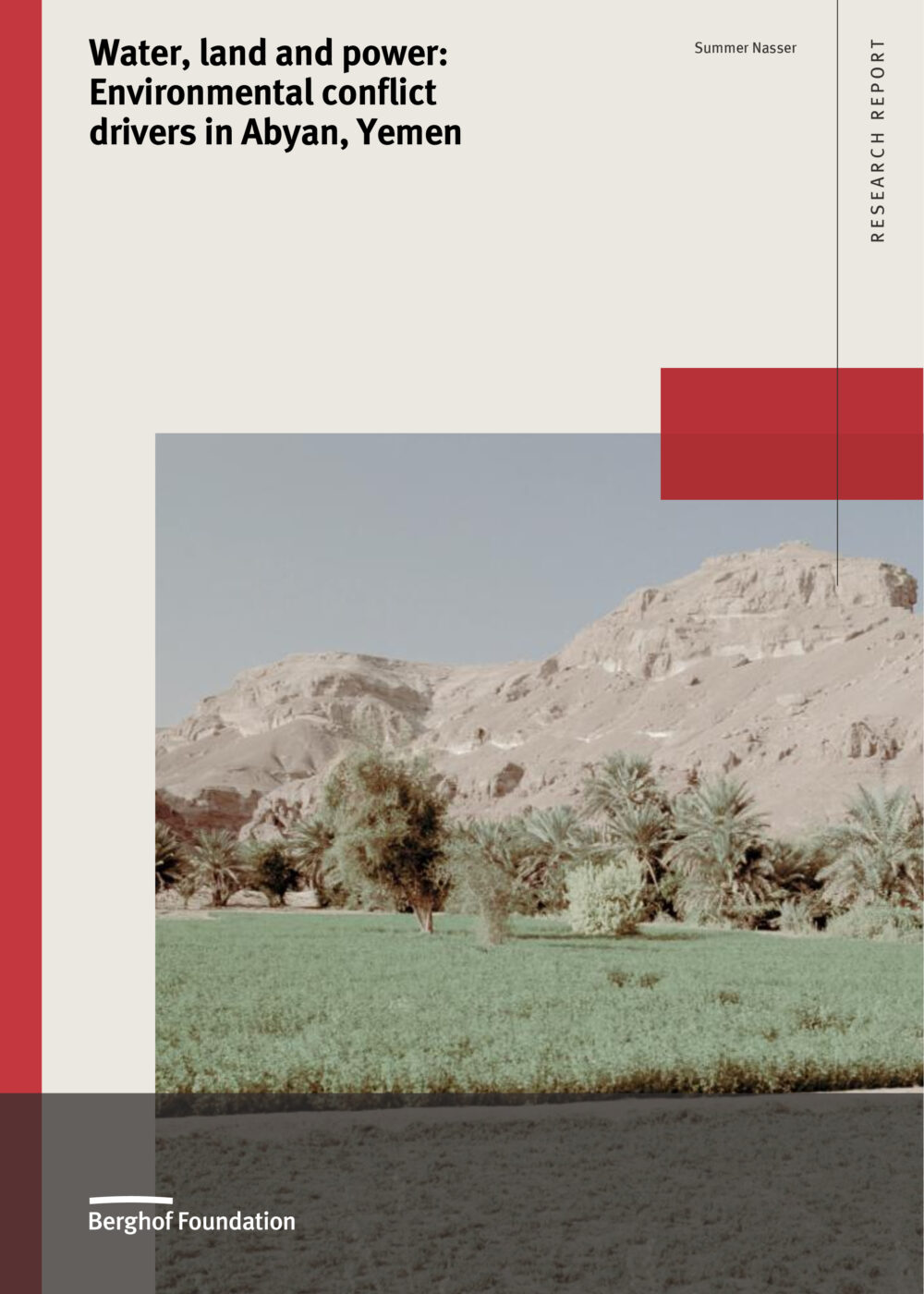8 Sept 2016
The Value of Listening to Community Voices. A Peacebuilding Approach to Armed Social Violence
Berghof Handbook Dialogue Series No. 12 - comment
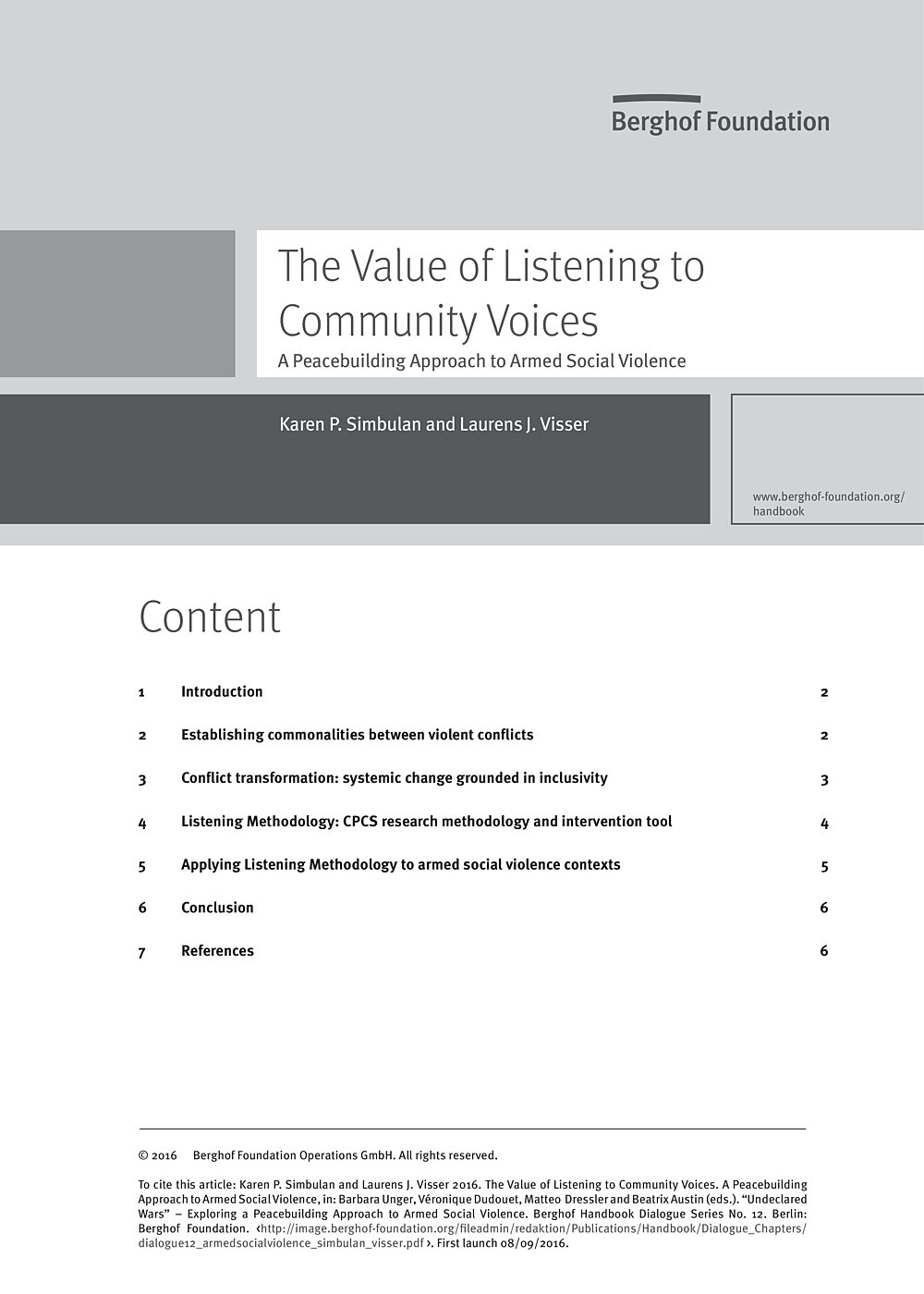
We respond to the lead article from the point of view of conflict transformation practitioners from the Centre for Peace and Conflict Studies (CPCS), a non-governmental organisation based in Siem Reap, Cambodia, which focuses on strengthening and supporting the peace processes in the Philippines and Myanmar and peacebuilding efforts in Sri Lanka. We thus operate within contexts involving state and non-state armed groups engaging or previously engaged in political conflict, and any exposure we have to armed social violence emerges from this context.
Authors
Karen P. Simbulan, Laurens J. Visser
This response will briefly discuss our understanding of conflict transformation before we propose the application of Listening Methodology (LM), one of the conflict transformation tools we use at CPCS to inform our interventions in armed political conflicts. In evaluating how CPCS has used LM through the years in various violent conflict settings, we find that it intersects directly with the discussion in the lead article (Section 3.2) on the critical ways that a peacebuilding approach can improve interventions addressing armed social violence by: (a) allowing for a disaggregated understanding of the conflict dynamics and contextual variations of the violence, which lays the foundation for the formulation of more strategic/targeted policy interventions; (b) encouraging stakeholders to learn about the different perspectives of the conflict that exist, based on how these stakeholders interact with and are affected by the conflict; and (c) empowering community stakeholders by recognising the importance of their perspectives and opinions. We then go on to discuss our experience of identifying issues of armed social violence within an active political conflict situation through the use of LM.
- Armed Social Violence and Peacebuilding: Towards an operational approach. Berghof Handbook Dialogue Series No. 12 - lead article
Bernardo Arévalo de León, Ana Glenda Tager. 2016
Thanks for your interest
If you find this publication useful, please consider making a small donation. Your support enables us to keep publishing.



